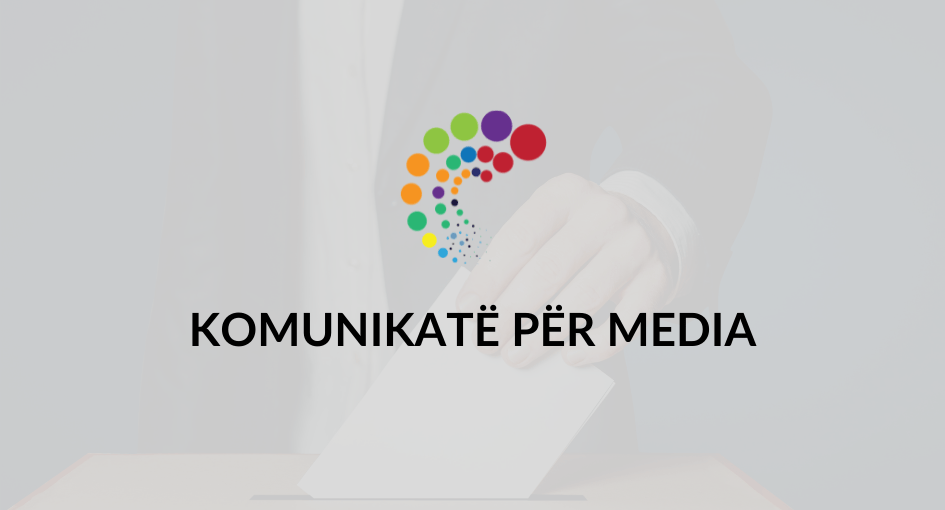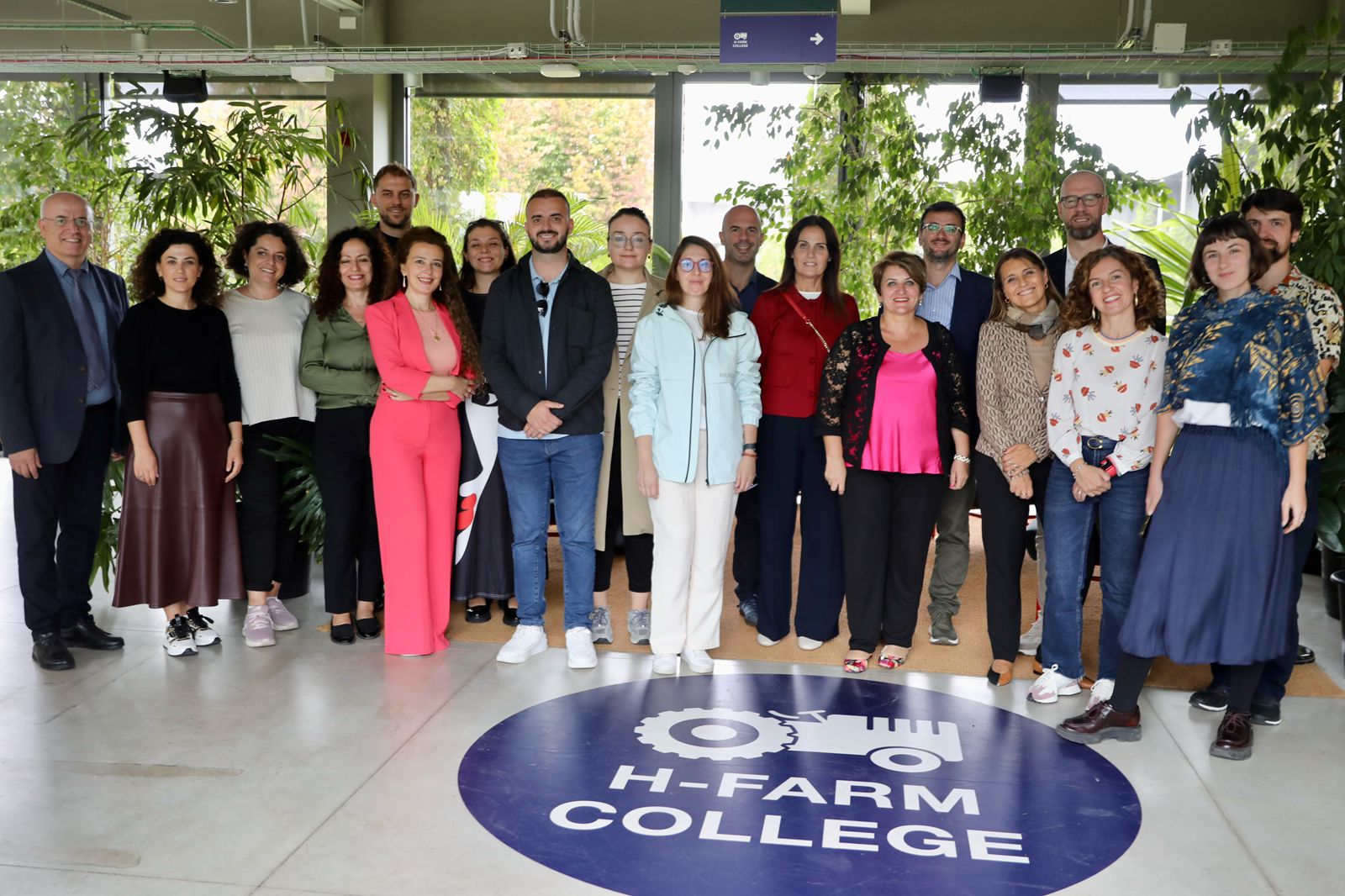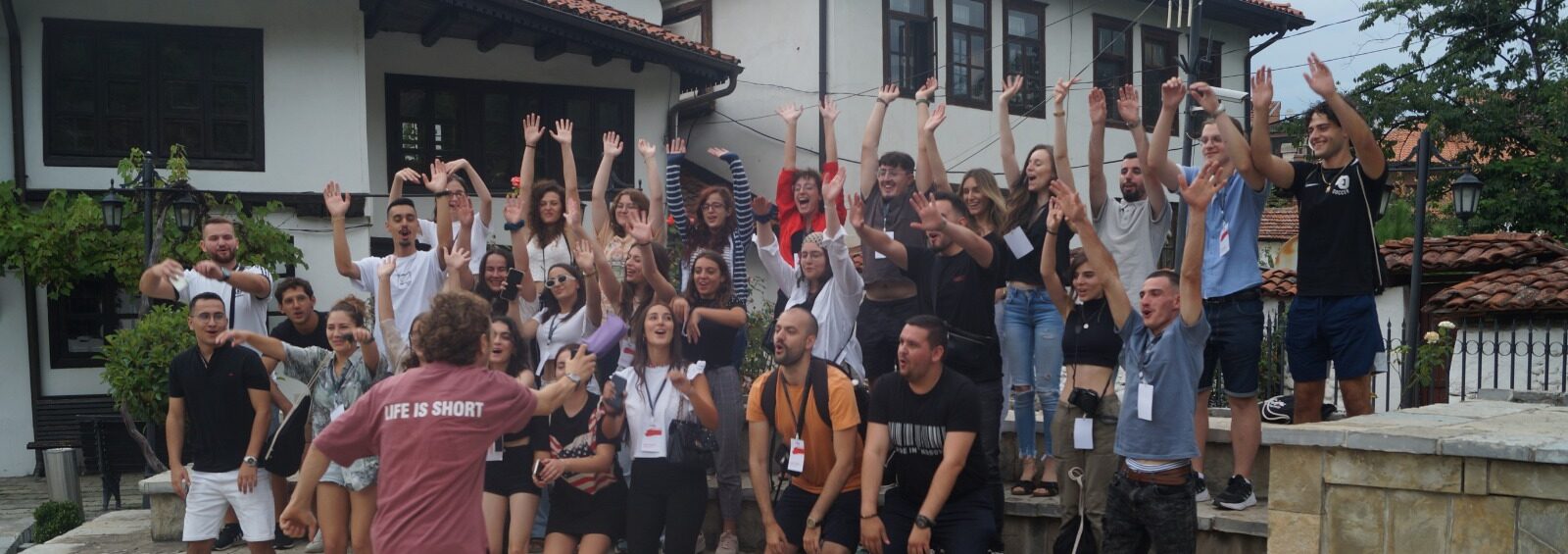Organizata GERMIN shpreh zhgënjimin e saj mbi dështimin e procesit të mundësimit të Votimit nga Jashtë Vendit të Diasporës Shqiptare në zgjedhjet e 25 Prillit në Shqipëri.
Organizata GERMIN shpreh shqetësimin e saj në lidhje me dështimin e autoriteteve të shtetit shqiptar, përkatësisht Komisionit Qendror të Zgjedhjeve (KQZ), për të mundësuar ushtrimin e të drejtës së votës nga jashtë vendit për shtetasit e Republikës së Shqipërisë nga diaspora në zgjedhjet parlamentare të 25 prillit, një detyrim që rrjedh nga Kushtetuta dhe Kodi Zgjedhor.
Me besimin se diaspora shqiptare duhet të jenë pjesë e proceseve demokratike në Shqipëri, organizata GERMIN u angazhua për të dhënë kontributin e saj për mundësimin e votimit nga jashtë vendit për shtetasit jo-rezidentë. Nga muaji nëntor 2020 deri në fundin e muajit mars 2021, GERMIN u bë pjesë e grupit të punës pranë KQZ, duke kontribuar në hartimin e akteve nënligjore që do të përcaktonin procedurat për votimin nga jashtë për pjesëtarët e diasporës shqiptare për zgjedhjet e 25 prillit. Duke ndjekur nga afër ecurinë e procesit pranë Komisionit Qendror të Zgjedhjeve (KQZ), GERMIN vëren se autoritetet shqiptare, përfshirë KQZ, pavarësisht progresit të kryer, nuk e trajtuan me përparësinë e duhur çështjen e votës së diasporës dhe pengesa të panevojshme çuan në dështimin e procesit.
GERMIN vlerëson se përcaktimi në ligjin Nr. 101/2020 miratuar vitin e kaluar se shtetasit shqiptarë me banim jashtë duhet të regjistrojnë vendbanimin e përhershëm jashtë vendit në Regjistrin Kombëtar të Gjendjes Civile që të fitojnë të drejtën e votimit nga jashtë ishte pengesa e parë e panevojshme në këtë proces. Regjistrimi i vendbanimit jashtë Republikës së Shqipërisë dhe aplikimi për t’u regjistruar si votues nga jashtë vendit duhet të ishin trajtuar si procese të ndara nga njëra-tjetra pasi edhe institucionet që i administrojnë ato janë të ndryshme.
GERMIN, duke vlerësuar angazhimin e KQZ-së në lidhje me pranimin e grupeve konsultuese të organizatave të diasporës, dëshiron gjithashtu të theksojë faktin që KQZ e ka shtyrë procesin e miratimit të akteve përtej çdo afati kohor të arsyeshëm. Së bashku me Këshillin Koordinues të Diasporës (KKD), Shoqatën e Avokatëve Shqiptaro-Kanadez dhe Lëvizjen “Diaspora për Shqipërinë e Lirë” ne paraqitëm pranë KQZ-së një model i cili po të ishte ndjekur do të kishte mundësuar regjistrimin dhe pjesëmarrjen në kohë të votuesve në diasporë, qoftë dhe për afër 3,500 votues potencial të cilët patën deklaruar vendbanimin e tyre të huaj në Regjistrin e Gjendjes Civile para marsit 2021.
KQZ-ja dështoi në zbatimin e detyrimit që rrjedh nga Ligji Zgjedhor Nr. 101/2020 (i miratuar me 23.07.2020 dhe fuqizuar 15 ditë pas), ku ajo ngarkohet të miratojë aktet nënligjore të nevojshme për të mundësuar votimin nga jashtë vendit brenda gjashtë muajve nga hyrja në fuqi e tij. Justifikimi i KQZ-së për mungesë konsensusi politik në miratimin e akteve nënligjore nuk qëndron për shkak se KQZ, deri më 29 mars 2021, nuk kishte dërguar asnjë akt nënligjor për miratim në Komisionin e saj Rregullator ku përfaqësohen partitë politike. KQZ, duke mos i dërguar aktet në Rregullator, mban përgjegjësi për moskrijimin e kushteve për votimin nga jashtë.
Gjithashtu, GERMIN thekson se përgjegjësia e mosrealizimit të votimit nga jashtë bie mbi palët e të gjithë spektrit politik të përfaqësuar në KQZ. Secila nga këto parti për arsye të ngushta politike dëshmoi mungesë vullneti për mundësimin e pjesëmarrjes së diasporës në zgjedhjet e 25 prillit 2021.
Lirim Krasniqi, një nga drejtuesit ekzekutiv të organizatës, u shpreh: “Në një kohë kur shtetasit shqiptarë jashtë territorit të Shqipërisë, sipas raportit të INSTAT publikuar dhjetorin e kaluar, kanë kaluar 1.6 milionë (më shumë se gjysma e popullsisë që gjendet brenda kufirit shqiptar), dhe përqindja dërrmuese e tyre janë në moshë madhore e për pasojë me të drejtë votimi, pjesëmarrja e tyre në proceset politike dhe qytetare të Shqipërisë duhet të trajtohet me prioritet dhe nuk mund të anashkalohet më. U bëjmë thirrje palëve të angazhohen për ta bërë të mundur këtë detyrim kushtetues. Organizata GERMIN mbetet e gatshme të japë kontributin e saj në këtë proces tani dhe në të ardhmen.”
Mbrojtja e realizimi i të drejtave politike dhe civile të pjesëtarëve të diasporës, përfshirë të drejtën e pjesëmarrjes në vendimmarrje në vendet e origjinës, në Kosovë, Shqipëri dhe gjetkë në rajon mbetet një nga prioritetet kryesore të veprimtarisë së GERMIN.




